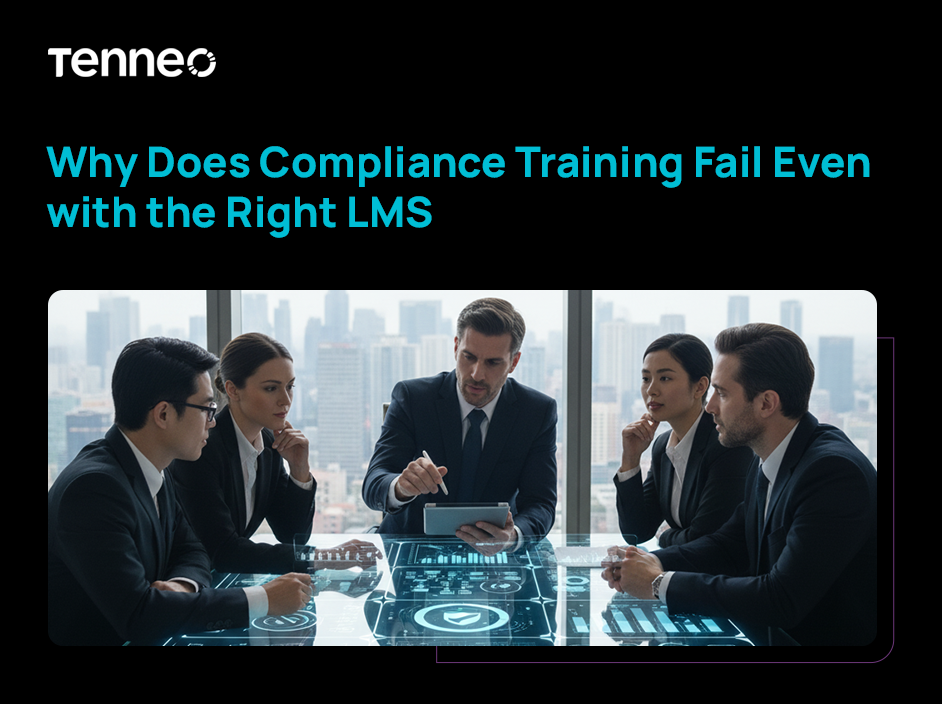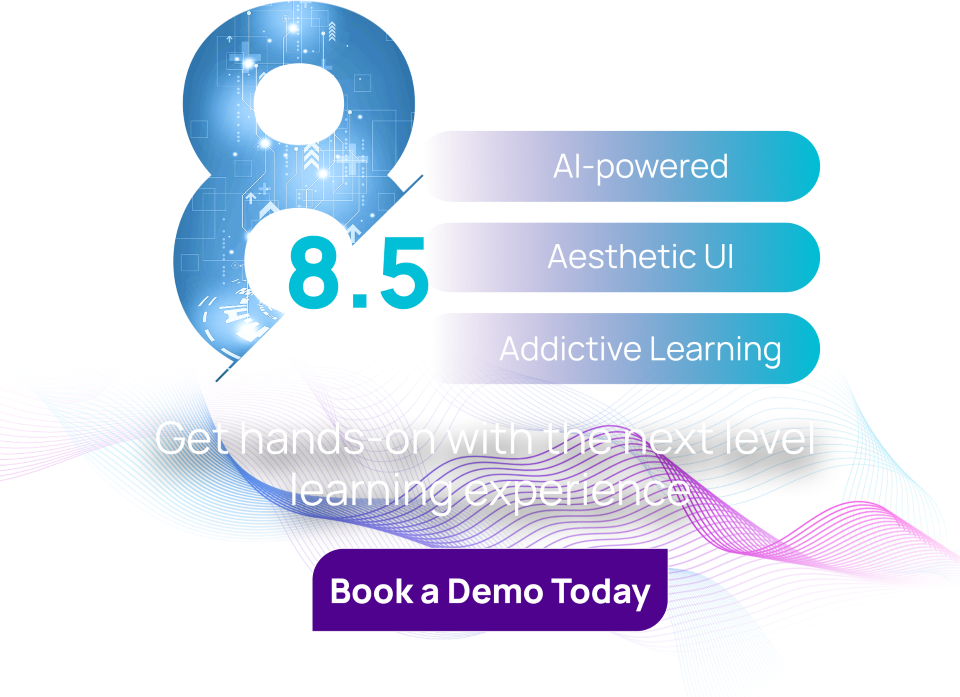
7 Steps to Conduct Training Need Analysis Using Learning Management System
May 31, 2023
Cloud based LMS: Ready to Choose the Best Platform that Fit your Pertinent Needs?
May 31, 2023
7 Steps to Conduct Training Need Analysis Using Learning Management System
May 31, 2023
Cloud based LMS: Ready to Choose the Best Platform that Fit your Pertinent Needs?
May 31, 2023Blog - 22 Mar 2023 | 6 Min
5 Steps to Deliver Performance-based Learning for a Successful Training Strategy

For organizations, whether large or small, managing workforce performance is a daunting task. The focus is to deliver performance-based learning solutions that boost workforce engagement, training ROI, and organizational productivity. Effective performance management serves as a viable solution to ensure that learning aligns with pertinent training needs and performance goals. It is all about managing the performance of individuals as well as organizations on a global level. The performance management system supports a gamut of activities that include targeted learning, timely feedback, rewards & recognition, and so on.
Key Steps to Deliver Performance-based Learning
Today, adopting a personalized performance management strategy is a significant step in tracking learner performance and attaining organizational maturity. So, getting it right can lead to enhanced employee engagement, performance, and learning efficiency. Organizations that fail to utilize a robust LMS to create performance metrics and seek learner feedback may experience less than expected training outcomes. Thus, the role of a performance management system becomes crucial in improving employees as well as organizational performance. Following are the five key steps to develop a successful performance management strategy using modern LMS:
1. Create a strong business case
While developing the case for performance management, corporate managers may be concerned about training ROI, lack of time & budget, or more. As a solution, a powerful corporate LMS is deployed to create a strong business case to identify such challenges, analyze the costs incurred, and drive expected outcomes in terms of performance and ROIs.
2. Adopt a personalized approach
Today, organizations do not prefer a one-size-fits-all strategy, so they adopt a tailored approach for all. The new-age LMS follows a custom performance management process to determine a few aspects which include-
- Talking to peers as well as managers if they are not satisfied with the reward mechanism or do not get appropriate guidance.
- Searching about evolving business challenges and how performance management can improve the overall results
- Automatically aligning courses that perfectly fit the bespoke training goals- compliance, onboarding, sales training, and so on.
3. Conduct performance reviews
Employee review is the next crucial step in the performance management process. So, modern LMSs support 360-degree reviews, instant feedback, and online assessments to measure learner performance at the workplace.
4. Deploy robust technology
With technological innovation, the role of modern LMSs is continually emerging to serve varied solutions which include-
- Automated performance tracking and reporting to bridge skills-gaps, boost engagement, and learner retention.
- Improved accessibility of training content across multiple mobile devices to enable learning on the go.
- Training resources are also available online and linked to advanced performance management tools.
5. Measure training impact
Corporate LMSs support performance management to collate relevant data and measure overall training impact. The performance metrics help to analyze different objectives which include-
- What number of employees are performing well within the organization?
- Are employees able to achieve their personalized company’s goals?
- Does performance management leave an impact on company ROI and productivity?
By delivering innovative and custom performance-based learning solutions, organizations spend less on paperwork and more on innovative learning. So, the above-discussed steps can help modern corporates to improve their learning strategies, boost performance, increase ROIs, and achieve their competitive goals.
Related services
Product Engineering




